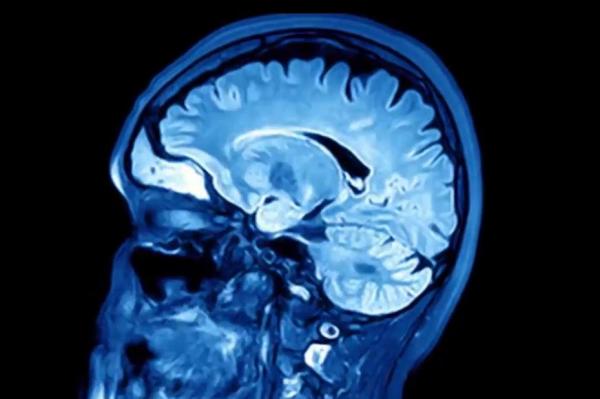Scientists say they’ve found strong evidence to suggest two strains of the herpes virus may contribute to Alzheimer’s disease.
Two strains of a virus in the brain have been linked to Alzheimer’s disease (AD) in the most comprehensive study of its kind ever done. It presents new evidence for how viruses might be involved in the degenerative disease and could help scientists develop new treatments in future. The study was published in the journal Neuron.
In particular, brain tissues sampled from people with AD were twice as likely to contain two common strains of the human herpes virus (HHV) than those without. Many people have HHV 6A and 7 antibodies present in their blood. It’s most commonly contracted as an infant and remains dormant in the body for many years. Researchers can’t say that the virus causes AD, but it could play a role in how the disease develops and progresses.
Researchers pulled raw RNA and DNA sequences from nearly 1,000 human brains both with and without AD to find new drug targets in the brain. Not initially looking for a virus, the group found that as much as half of the brain samples contained the herpes virus, with AD brains having more copies than those without.
They believe viruses could kickstart a response in the brain that increases the accumulation of amyloid plaques – protein clumps that build up around nerve cells, a telltale sign of AD. Scientists are not sure what causes these buildups but believe they cause cell death and tissue loss. Many genes involved in AD are also involved in how the body defends itself against viruses. It could be that the presence of these viruses kickstarts an immune response in certain brain cells associated with AD.
Then again, the viruses could just be bystanders. The study brings up a chicken-or-the-egg debate: Does the presence of viruses contribute to the disease in some way, or are they merely a consequence? That remains to be determined.
The role of viral and bacterial infections in the development of Alzheimer’s has long been debated but is lacking a substantial amount of evidence. That being said, recent studies have shown people with certain herpes strains have a higher risk of senile dementia. Researchers have also found a link between HSV1, the herpes strain that causes oral cold stores, and AD. Another study found that taking antivirals could reduce dementia risk.
Learning how to effectively treat AD is exactly what researchers hope this find will help do. Nearly 44 million people worldwide have Alzheimer’s or a related type of dementia. Current treatments slow its progression, but there is no cure. By understanding how viruses can interact with brain cells the team hopes there is a potential to treat some cases with cheap antiviral drugs like acyclovir, the drug used to treat cold sores.















